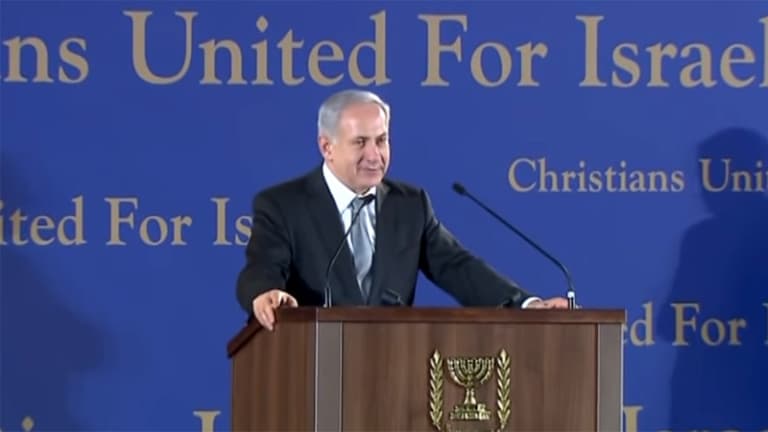Christian Zionism's Enduring Influence on US Politics and Policy

Christian Zionism, a movement deeply rooted in the belief that the modern state of Israel fulfills biblical prophecy, continues to exert significant influence on American politics and foreign policy, particularly concerning the Middle East. This ideology, which has seen explosive growth in political power and fundraising, shapes the rhetoric and actions of prominent US politicians, including figures like Senators Ted Cruz and Lindsey Graham.
The movement's core tenets, often disseminated through evangelical media, assert that supporting Israel is a divine mandate, with some adherents believing that "those who bless Israel will be blessed, and those who curse Israel will be cursed." This theological conviction translates into staunch political advocacy for Israel, influencing US policy decisions from embassy relocations to stances on the Israeli-Palestinian conflict. Senator Ted Cruz, for instance, has publicly stated that his support for Israel is biblically commanded, citing Genesis 12:3. Similarly, Senator Lindsey Graham has warned that "if America pulls the plug on Israel, God will pull the plug on us," encapsulating the deeply held belief among many Christian Zionists that US prosperity is tied to its unwavering support for Israel.
Historically, Christian Zionism's influence on American foreign policy can be traced back to the 19th century, with its modern political significance escalating after the 1967 Six-Day War. This event was widely interpreted by many evangelicals as a fulfillment of prophecy, leading to a surge in organized support for Israel. Televangelists and Christian media played a crucial role in popularizing these views, with figures like Jerry Falwell and Pat Robertson integrating apocalyptic expectations with conservative political agendas. The best-selling 1970 book "The Late Great Planet Earth" and the subsequent "Left Behind" series further cemented the idea of modern Israel's role in the "end times" in the evangelical imagination.
Organizations like Christians United for Israel (CUFI), founded by Pastor John Hagee in 2006, have become powerful lobbying forces, claiming millions of members and significant financial resources directed towards pro-Israel causes. These groups actively engage with political leaders, advocating for policies such as the relocation of the US embassy to Jerusalem, a move enacted by the Trump administration and widely celebrated by Christian Zionists as a prophetic milestone. This close alignment between Christian Zionist beliefs and US policy has led to a perception of a "blank check" diplomacy, where the Israeli government's actions are often supported without question by these influential Christian groups.
Despite the strong support, some critics, including figures like Tucker Carlson, have questioned the theological interpretations underpinning Christian Zionism, arguing that they misrepresent biblical texts and can lead to dangerous political outcomes. Furthermore, while Christian Zionism is a powerful force, it represents a subset of the broader evangelical movement, with a growing generational gap showing younger evangelicals becoming more neutral or even sympathetic to the Palestinian perspective. Nevertheless, the movement continues to be a significant contributor to Republican thinking on Israel, shaping policy and public discourse through its organized efforts and media presence.